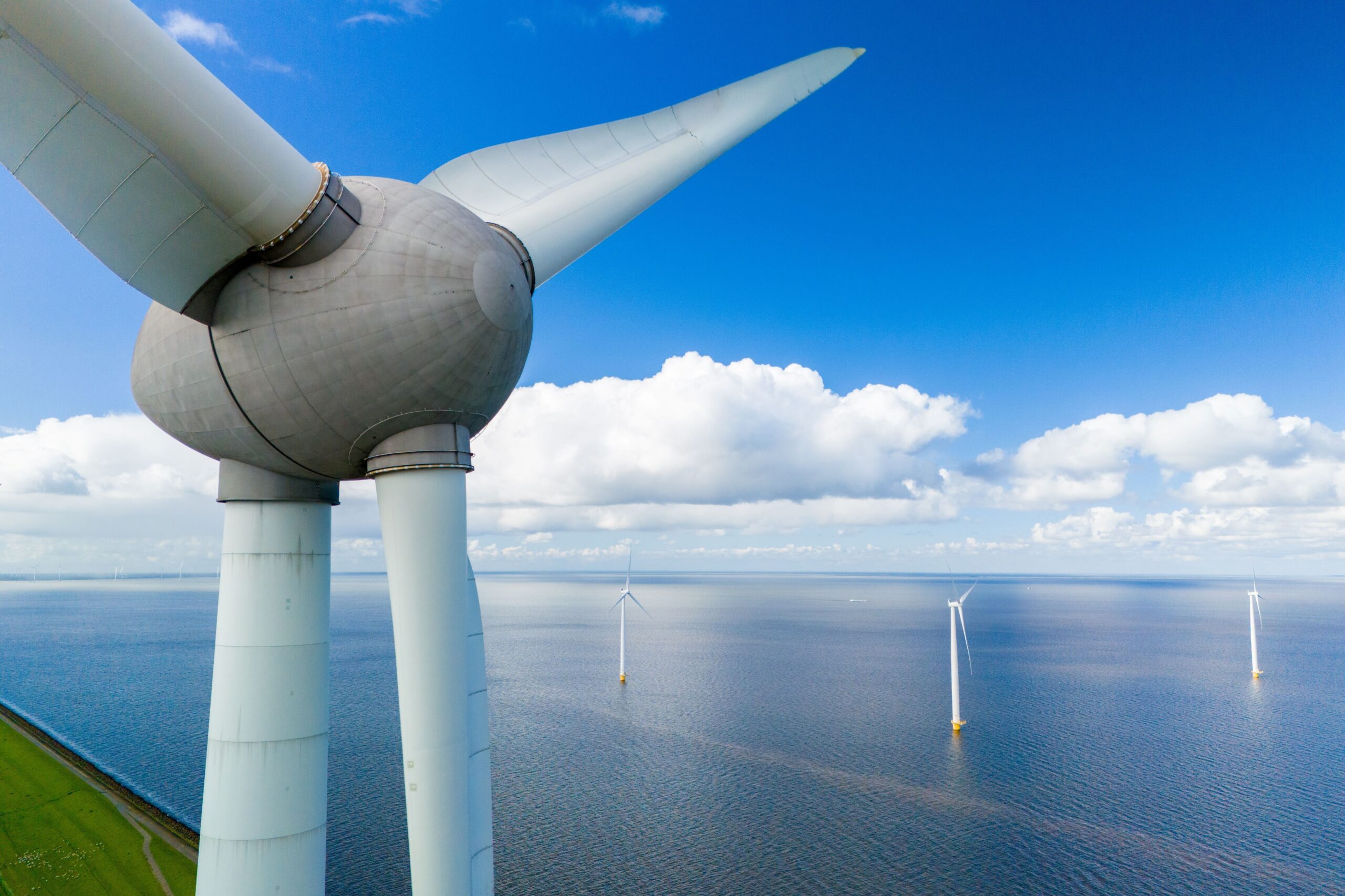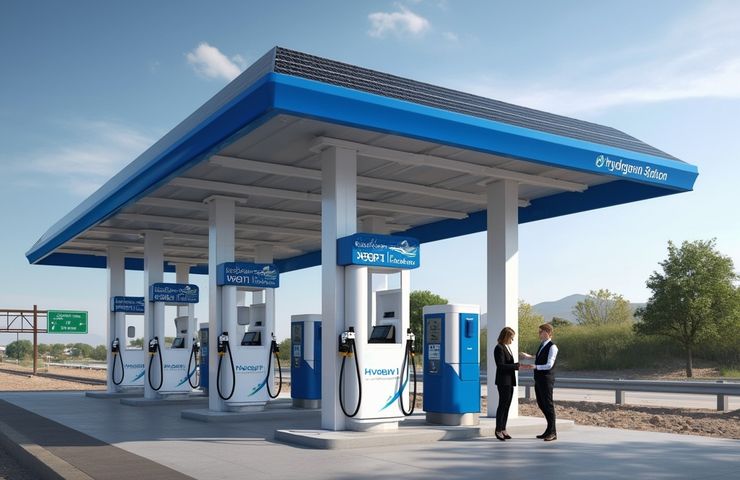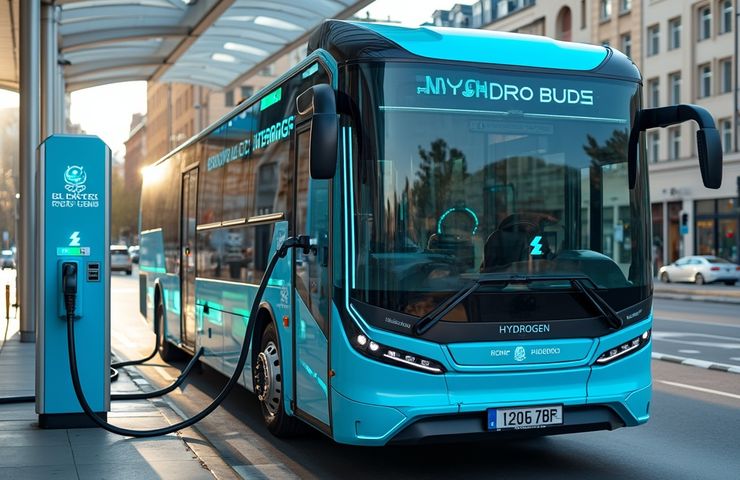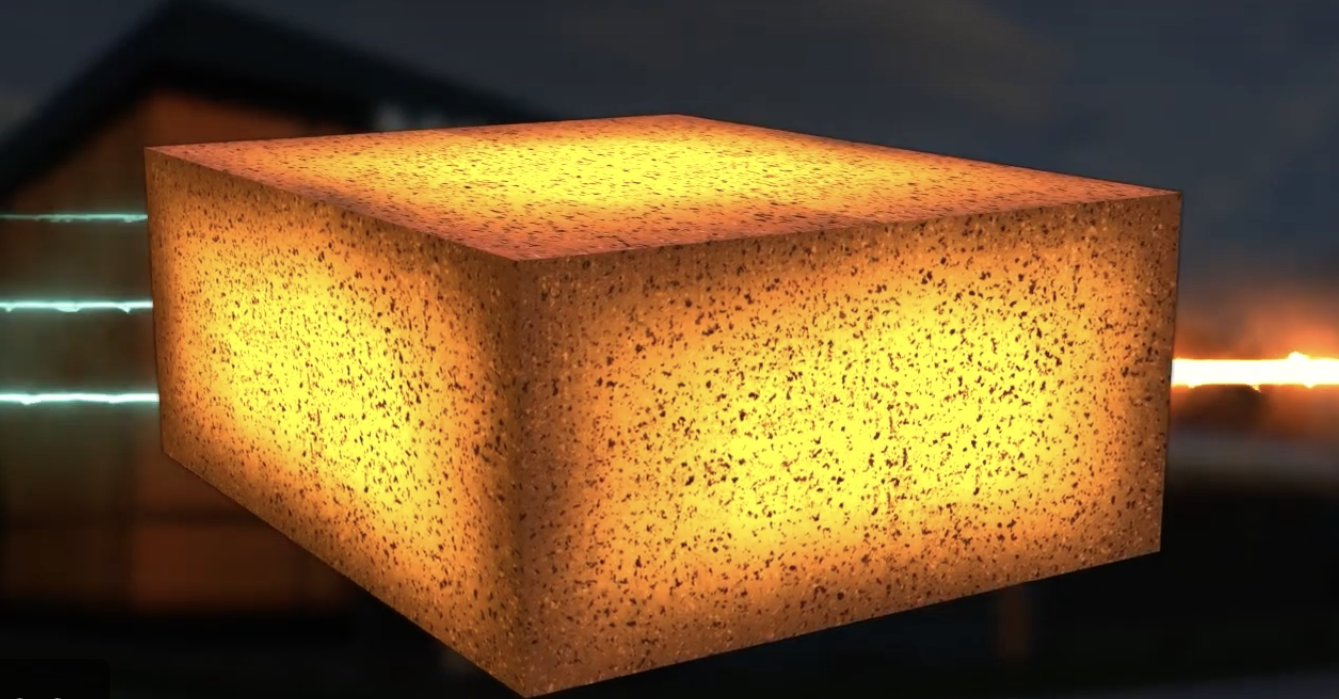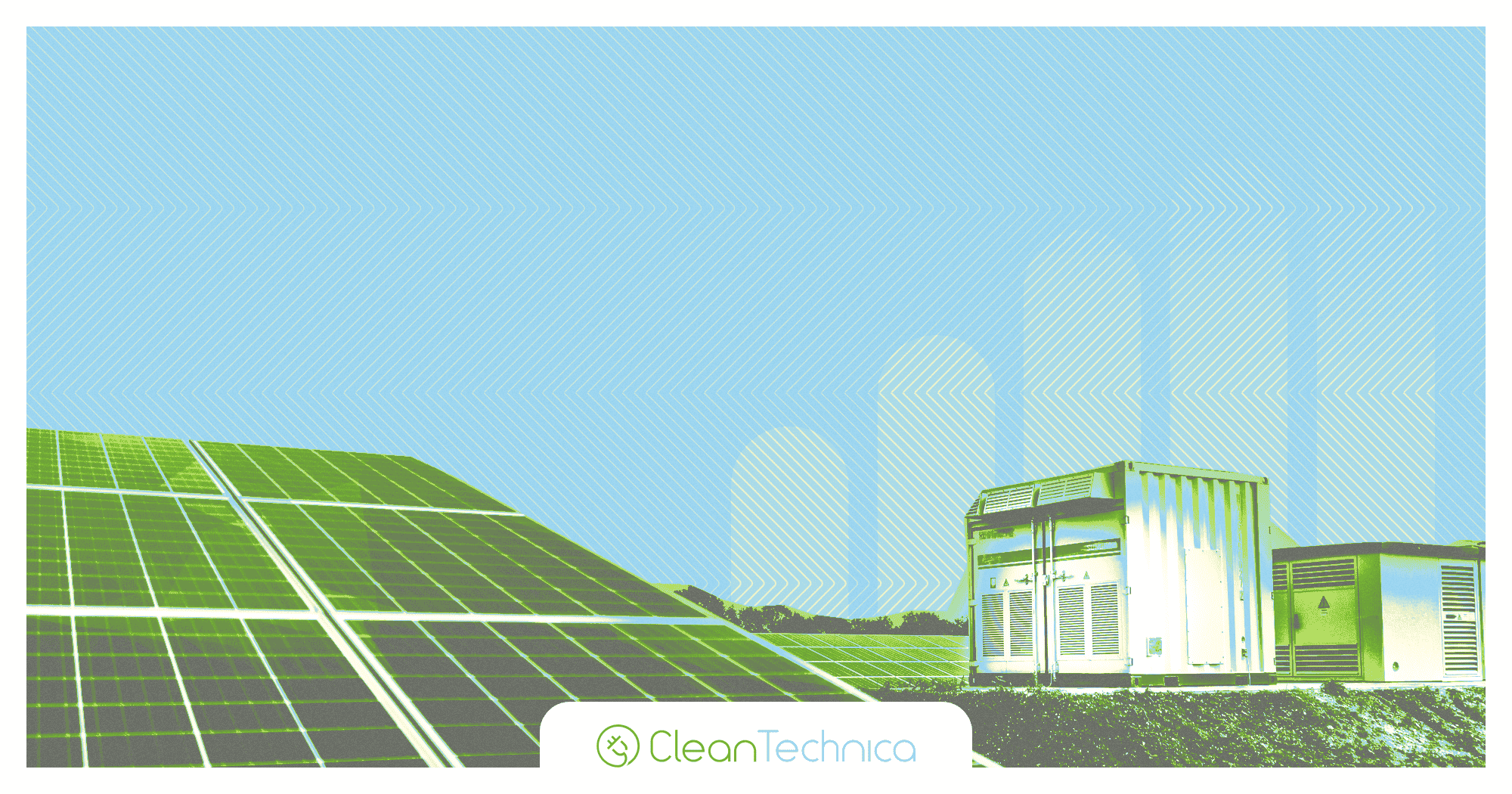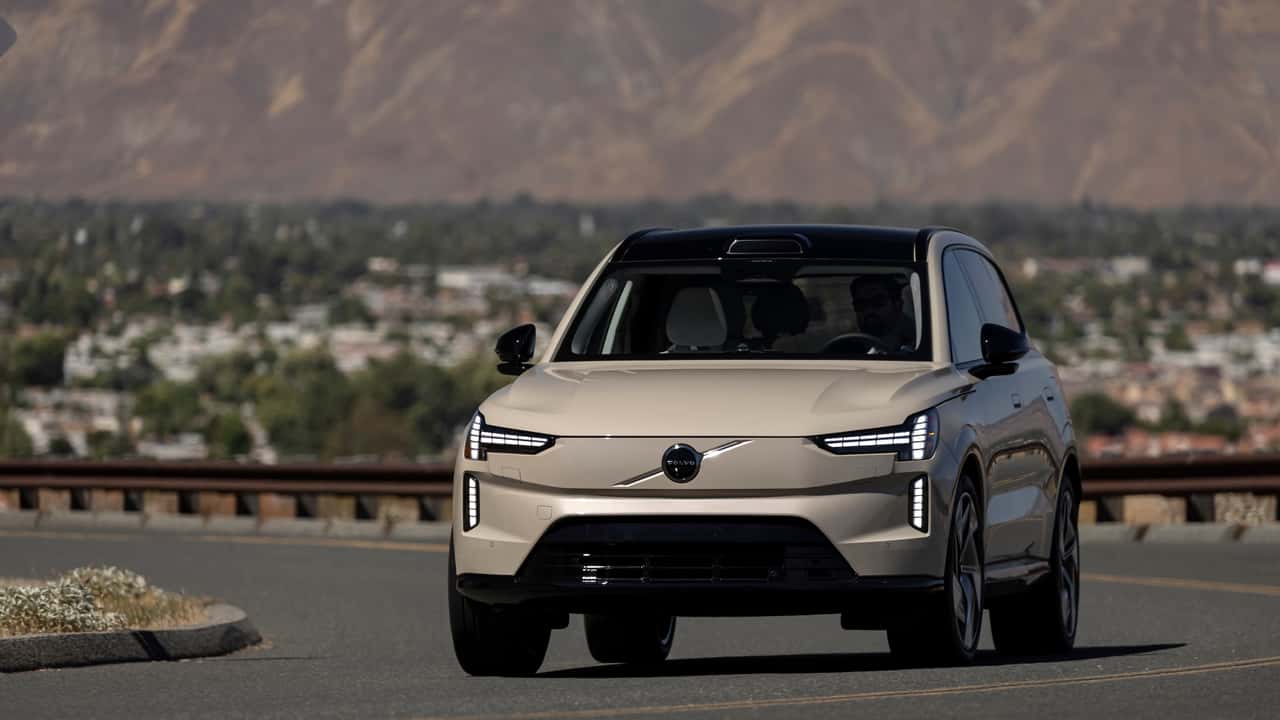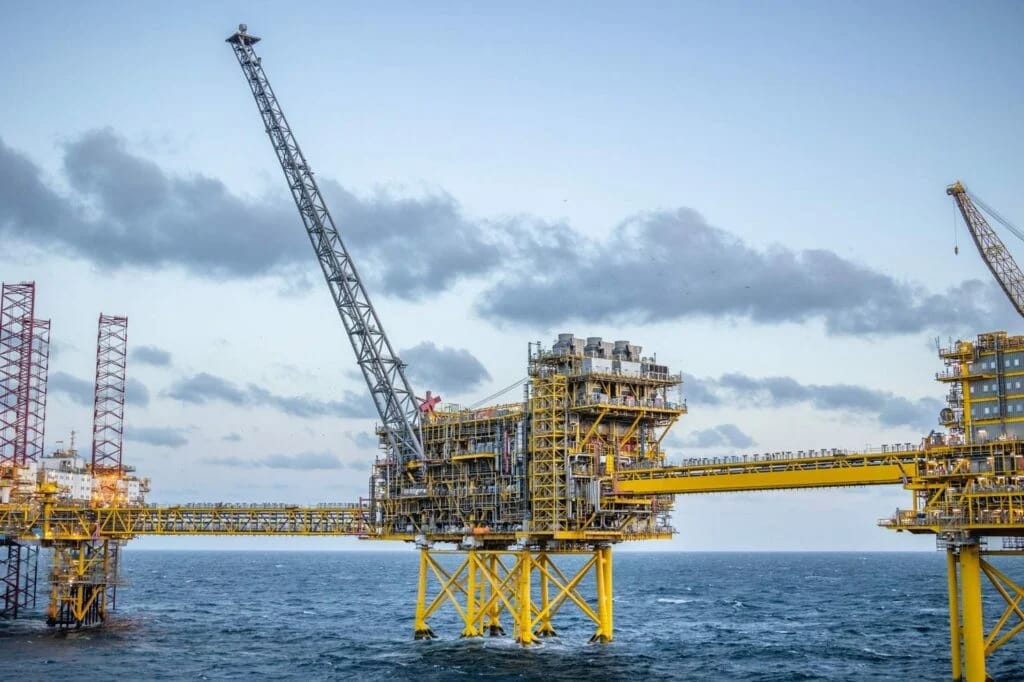New Tandem Catalyst Breakthrough from China Promises Leap in Clean Ammonia and Fuel Cell Efficiency
Scientists at China’s University of Science and Technology of China (USTC), working alongside the Dalian Institute of Chemical Physics (DICP),…
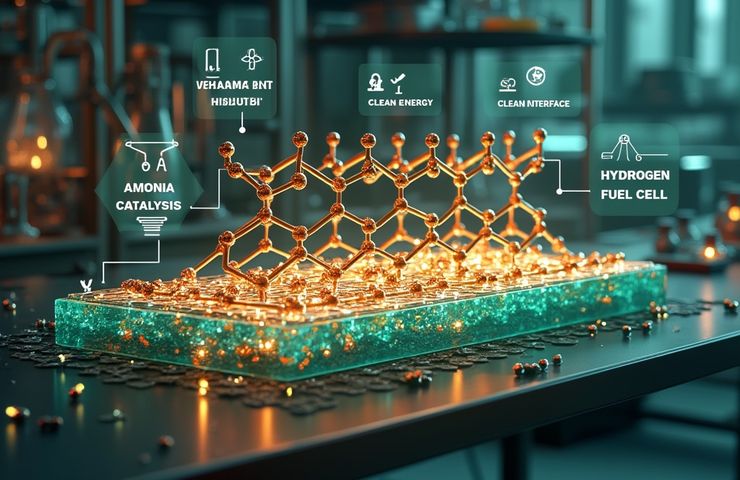

Scientists at China’s University of Science and Technology of China (USTC), working alongside the Dalian Institute of Chemical Physics (DICP), have come up with a game-changing catalyst system that could shake things up for both ammonia production and fuel cell technology. Their approach, called tandem catalysis, uses a clever dual-interface setup that speeds up reaction times and boosts energy efficiency—all while tackling some of the biggest hurdles in clean ammonia and hydrogen fuel cells.
Reimagining ammonia synthesis with better efficiency
For decades, the world has relied on the energy-hungry Haber-Bosch process to produce ammonia, a method that takes a heavy toll on the environment. This new system offers a refreshing twist: it could slash the energy costs typically associated with ammonia synthesis by optimizing how the reactions unfold at the molecular level. It’s a potential win for industrial decarbonization, as industries look for cleaner ways to keep up with demand while cutting emissions.
Fuel cell innovation that matters
But this discovery doesn’t stop at ammonia. It also makes a significant impact on hydrogen fuel cell performance. Better reaction rates and improved energy efficiency could mean more reliable, scalable options for zero-emission power generation—particularly in transportation and industrial applications where clean energy alternatives are in high demand.
What’s next for commercialization?
While the early results are exciting, it’s not time to throw a party just yet. Before this tech can hit the mainstream, researchers still need to scale it up, figure out how much it’ll cost, and see how it holds up over time. But one thing’s clear: as the global push for sustainability gains steam, innovations like this could be key to unlocking a cleaner energy future built on hydrogen-based systems and reduced carbon footprints.
What's Your Reaction?

















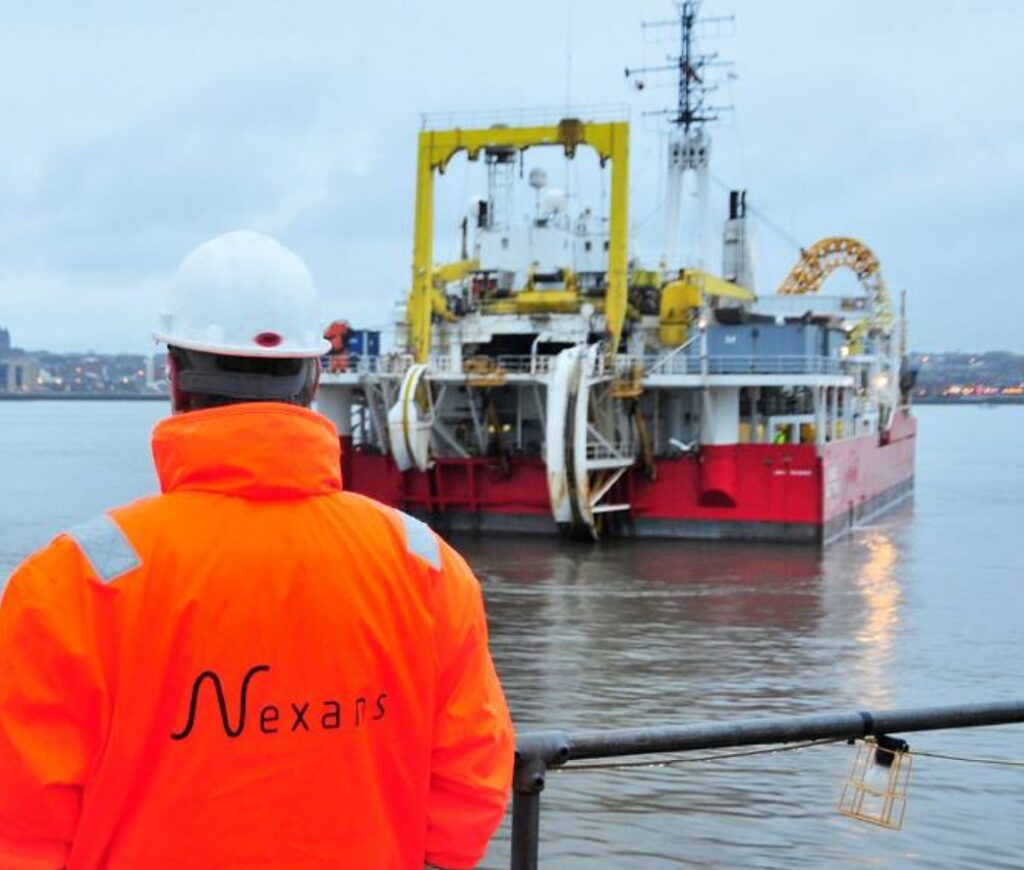

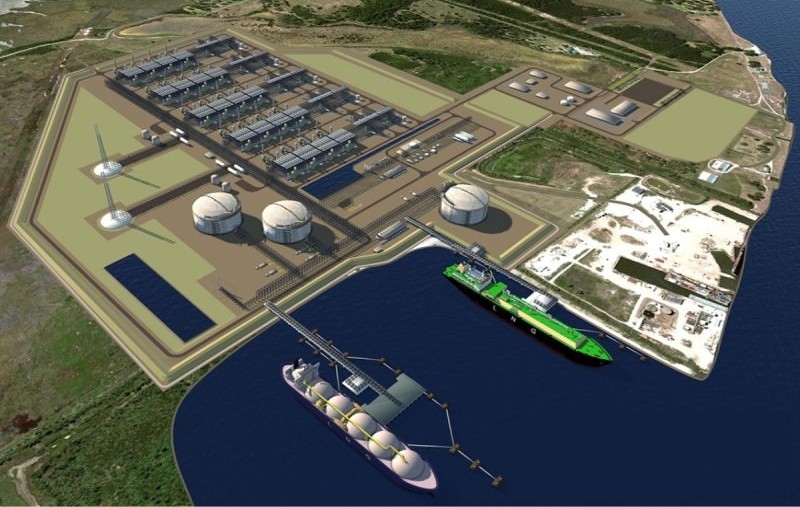
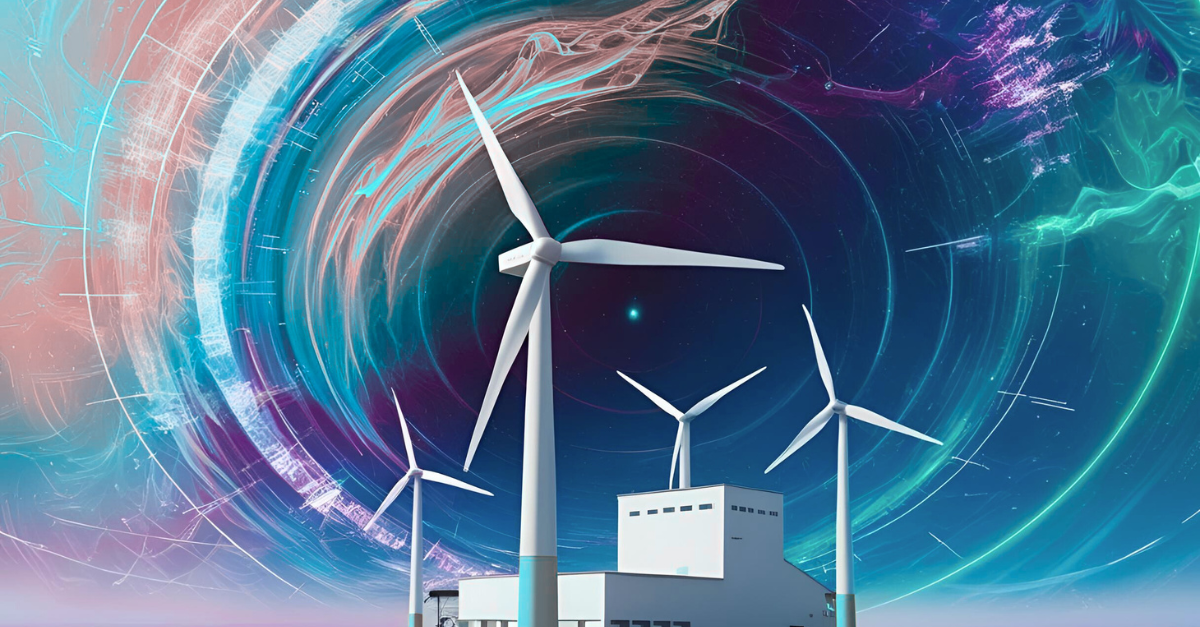

![[Upcoming Webinar] Addressing the Wind Industry's €25 Billion Annual Wake Loss Problem](https://www.windesco.com/hubfs/Swarm%20webinar%20cover%20image.png)
